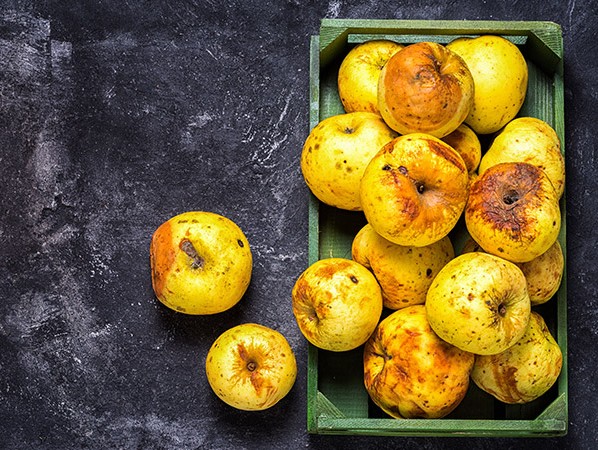
The government has set itself the target of reducing food waste by 50% by 2030. In order to achieve this goal, it is now up to the consumer, as the biggest waste, to make the move, says ABN AMRO on the basis of recent research.
Every year, 150 euros of food are thrown away per person in the Netherlands: almost a tenth of what the average Dutch person spends on food. About half is wasted by the consumer, the other half by the other links in the food chain: farmers, traders and processors, in supermarkets and restaurants.
Technology can make a meaningful contribution to reducing food waste. For example, food producers can use robots that can carry out processing with greater precision than humans, such as weighing ingredients or cutting vegetables. Smart packaging with chips and sensors can also predict whether a product is still edible during transport and storage. In restaurants, it can help if people cancel their reservations on time or place their orders in advance. Entrepreneurs will then be better able to anticipate expected crowds and take them into account when it comes to purchasing. Tighter purchasing also leads to a reduction in waste. Furthermore, innovative techniques such as 3D visuals and order pillars can contribute to less waste and increase turnover. The challenge remains not to have to say 'no' to guests, not even at the end of the evening. A quarter of consumers find this unacceptable, according to the ABN AMRO survey.
The food sector is looking into the possibility of restricting the use of plastic packaging. And flexible pricing is rapidly gaining ground. Dynamic prices take into account the shelf life of the product, the location of the store, weather conditions, historical sales figures and stocks in the store. This results in less food wastage and higher margins.
Solving waste has negative financial consequences for some entrepreneurs. If consumers throw less away, they will also buy less. This leads to a drop in volume throughout the entire chain. "There are also companies that can come out on top. International research shows that for every euro invested to reduce food waste, 14 euros can be earned," says Nadia Menkveld Sector Economist Food and Agricultural at ABN AMRO.
"But the consumer is by far the biggest waste. The ball is now in the court if we all want to achieve the 2030 target. Fortunately, the willingness and awareness among consumers to reduce waste is increasing, and the industry is working hard on innovations to halve the amount of food wasted.
Image: ©Elena11/Shutterstock.com
Source: © ABN AMRO